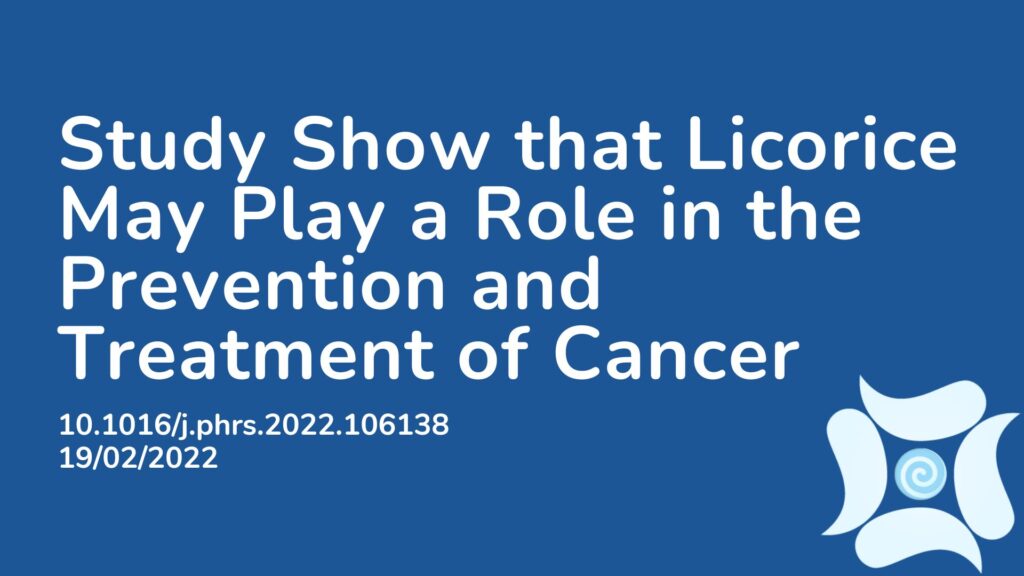Summary: Prior to the COVID-19 pandemic, 10% of pregnant women and 13% of postpartum women experienced a mental health disorder, with anxiety being among the most common. Given that anxiety disorders can have negative consequences for pregnant women and their offspring, it is critically important to understand all contributing factors so that specific management tools, interventions or policies can be implemented. Pre and post natal anxiety is associated with reduced mother-infant bonding, delays in cognitive development in the offspring and increased risk of preterm delivery. The aim of this study was to examine the severity of mental health symptoms such as anxiety among pregnant women during the COVID-19 pandemic in Poland. This paper is a cross-sectional study with a total of 1050 pregnant women recruited via social media from March 1 until June 1, 2020, which covers the first wave of the pandemic.There are other studies that have documented high levels of anxiety and depression in pregnant women during the pandemic, however not many have distinguished the particular pandemic-related factors which may be contributing. This paper notes that pandemic related restrictions affected the medical care of pregnant women, for example, many face to face antenatal appointments were cancelled. Pregnant women also dealt with prohibitions against hospital visits, clinic closures and partner or support persons’ exclusion during labour and birth. On top of this, social distancing and extensive personal protective equipment used by staff often made childbirth a cold experience. Social distancing and isolation also meant that pregnant women or women who have just birthed were not able to frequently see their support people or be a part of their normal communities. Furthermore, based on concerns about COVID-19 transmission, some mothers were separated from their offspring immediately after birth, also disallowing them from breastfeeding. Although these measures were introduced to protect public health, there is evidence that such interventions have had negative psychological effects on childbearing women. Additionally, women have also been exposed to other conditions related to the pandemic, such as interpersonal violence and economic hardship, which may also elevate likelihood of anxiety and other psychosocial conditions. In conclusion, this paper documented elevated anxiety among pregnant Polish women during the first wave of the COVID-19 pandemic, as over a third of respondents experienced moderate to severe levels of anxiety.
Abstract: Although anxiety is common because of the transitional nature of the perinatal period, particularly high levels of anxiety have been observed in some studies of pregnant women during the pandemic. The purpose of this study was to evaluate the severity of anxiety among pregnant women during the first wave of the COVID-19 pandemic in Poland, and factors associated with it. Cross-sectional study with a total of 1050 pregnant women recruited via social media in Poland during the first wave of the COVID-19 pandemic, from March 1 until June 1, 2020. The survey included validated psychological measures: the GAD-7 (anxiety), the PREPS (pandemic stress), with two subscales: preparedness and infection stress, and obstetric, sociodemographic and COVID-19 related variables. T-tests, ANOVAs, and hierarchical binary logistic regression for dichotomized GAD-7 scores (minimal or mild vs. moderate or severe) were used. Over a third of respondents experienced moderate or severe levels of anxiety. Predictors of moderate or severe anxiety were non-pandemic related factors like unplanned pregnancy and emotional and psychiatric problems, as well as pandemic related pregnancy stress. Levels of anxiety among pregnant women during the first wave of the COVID-19 pandemic in Poland exceeded pre-pandemic norms. Findings suggest that prior psychiatric conditions, unplanned pregnancy, and elevated pandemic-related pregnancy stress due to concerns about infection or poor preparation for birth contributed to the risk of high anxiety in Polish pregnant women during the pandemic onset. Given the harmful effects of antenatal anxiety on the health and well-being of mothers and their children, psychotherapeutic interventions, efforts to alleviate pregnant women’s stress, and training in adaptive ways to cope with stress are vital to reduce the prevalence of maternal anxiety and its potential consequences during this global crisis.
Article Publication Date: 19.05.22
DOI: 10.1038/s41598-022-12275-5




